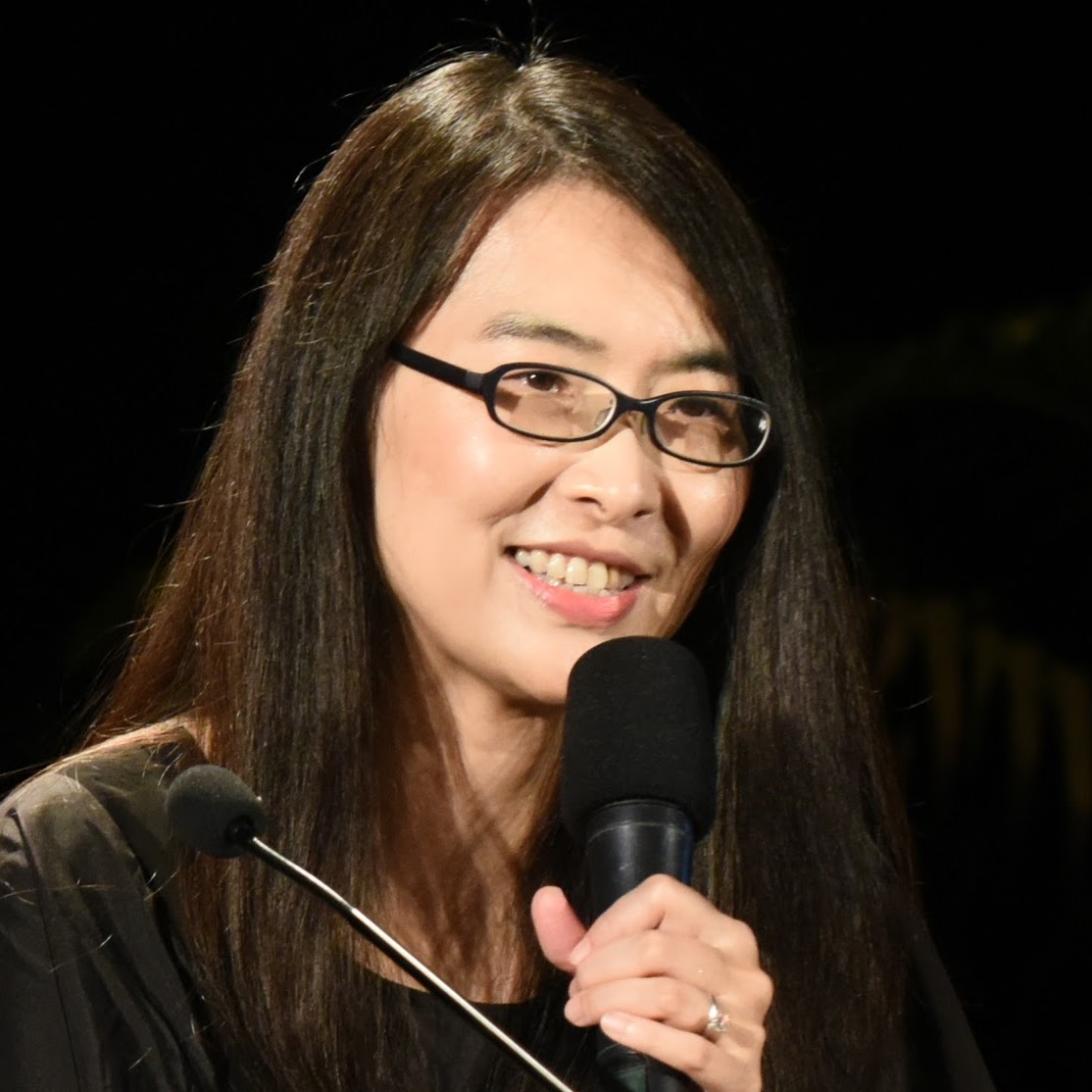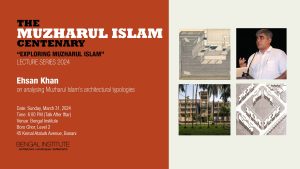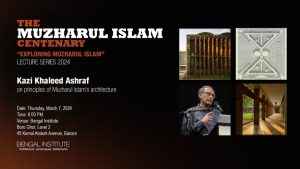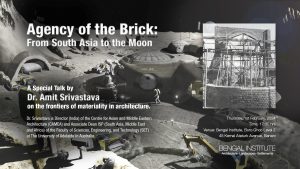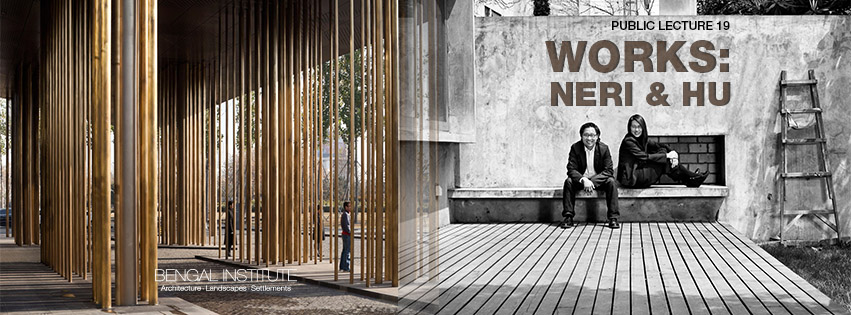
Lyndon Neri and Rosanna Hu: The Obsessions in the Works
Sat 1 Oct - Sat 1 Oct' 16
Lyndon Neri and Rosanna Hu are Founding Partners of Neri&Hu Design and Research Office, an inter-disciplinary international architectural design practice based in Shanghai, China with an additional office in London.
Bengal Institute invited Lyndon Neri and Rosanna Hu, founding partners of Neri & Hu, for the 19th Public Lecture. Their various works from across the globe were showcased. Neri and Hu outlined the creative processes and challenges involving these works, and admitted to having five obsessions that influence their works – voyeuristic gaze, blurring boundaries, objecthood, rebranding history and exhibiting cultural texture.
Following these obsessions have led the duo to a plethora of awards and accolades. They admitted how the obsessions were not the only things motivating them, as their cultural background and upbringing play a critical role too. They revealed how they approach their work with the personality of their client in mind, illustrated in their work House for an Introvert and the House for an Extrovert. They explained their obsession with blurring boundaries using their work on the Cluny House in Singapore as an example. Neri described how they created a house that better utilises the available space by eliminating divisions between indoor and outdoor space to the furthest possible extent. Other works include Sulwhasoo Flagship Store in Seoul, Sentul Contemporary Art Museum in Kuala Lampur, Design Republic Commune in Shanghai, Le Meridien Zhengzhou, Camper Showroom/Office in Shanghai and their first real project The Vertical Lane House in Shanghai.
Rosanna Hu remarked on the power of architecture to create identity and culture, and how her own struggles with identity and the conclusions reached through them governed her architecture. She accentuated the importance of discovering and owning up to one’s own identity, whatever that may be, and to let it translate into their designs. They reflected on the current climate of urban development in China and how it disregards memory and historical significance. New projects in cities like Shanghai, rummage through their spiritual fabric. According to them, their perceived style was a result of their resolve to salvage old significant buildings in Shanghai to preserve the city’s identity. With Antoine de Saint-Exupery’s words, “We do not aspire to be eternal beings. We only ask that things do not lose all their meaning,” they expressed precisely what the drive behind their work is.
